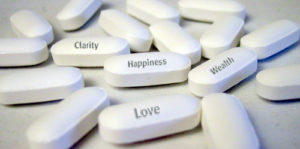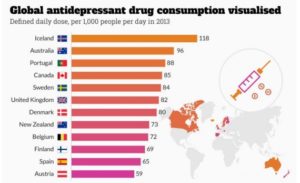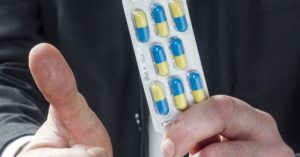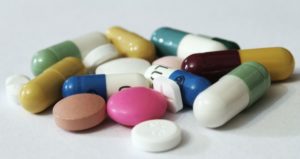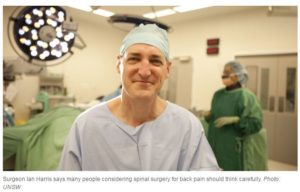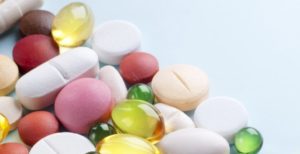It’s rare (but becoming more common) to find the placebo effect studied as a phenomenon in its own right. This carefully considered and researched article points to several perspectives …
1. There are two processes going on, the placebo and the placebo effect.
2. Placebo effects are not caused by the object (e.g. the pill) or the procedure (e.g. an injection)
3. Much of what is considered to be placebo improvement may actually be patient report of improvement, without any actual physical improvement.
4. The patient’s inaccurate perception of a successful treatment in the therapeutic environment is also influenced by:
The natural course of the disease
Concomitant treatments
The Hawthorne effect
Regression to the mean
5. The placebo effect is not “the power of positive thinking” or belief, hope, mind over matter or the mind healing the body


